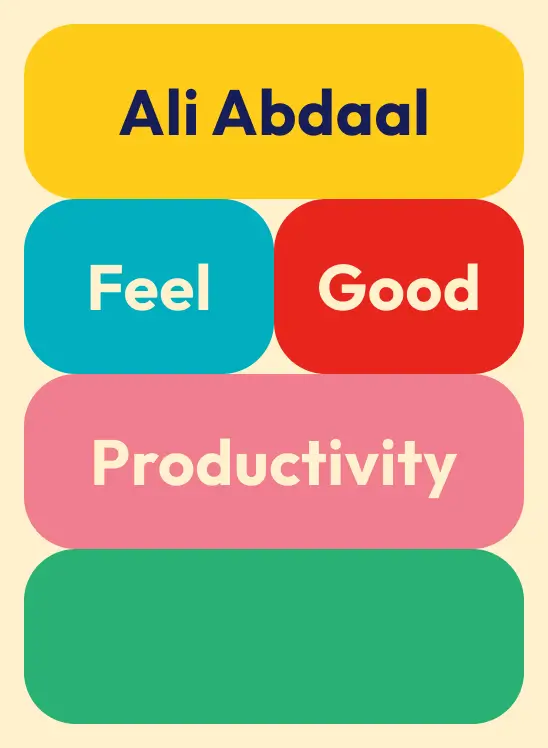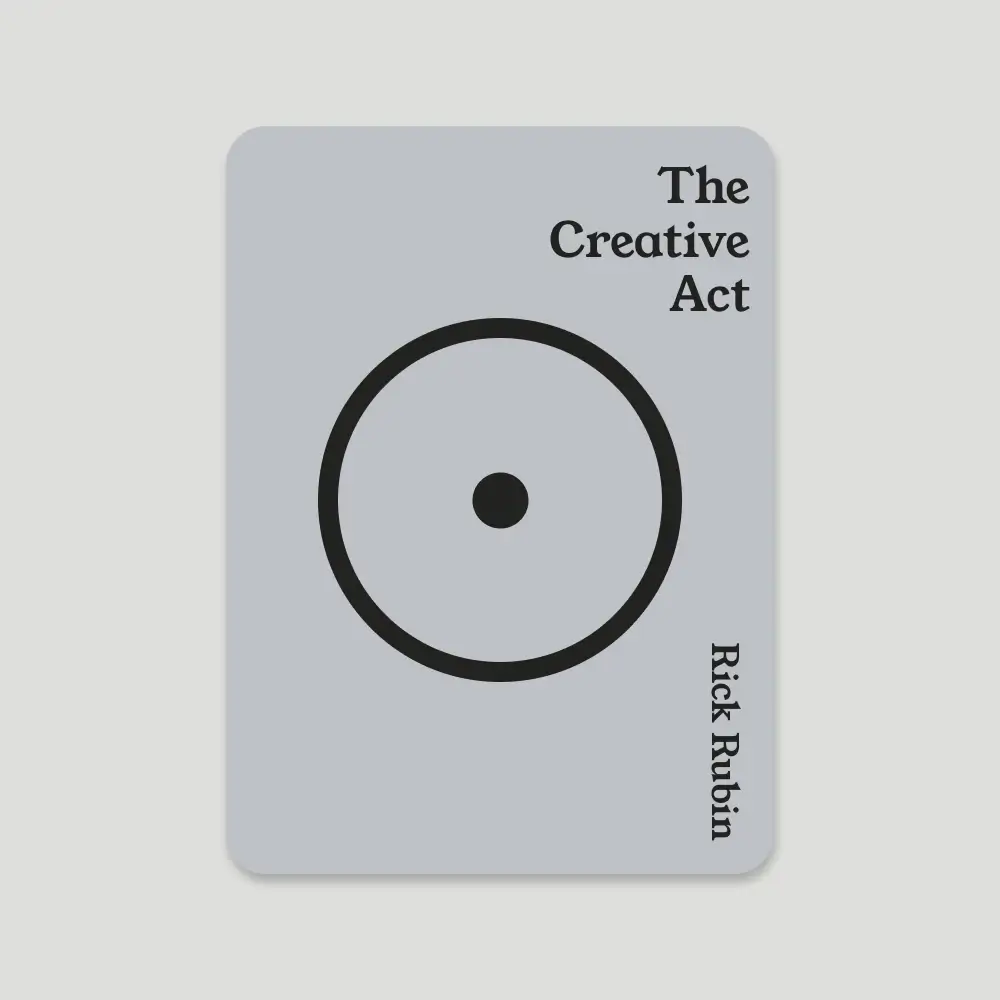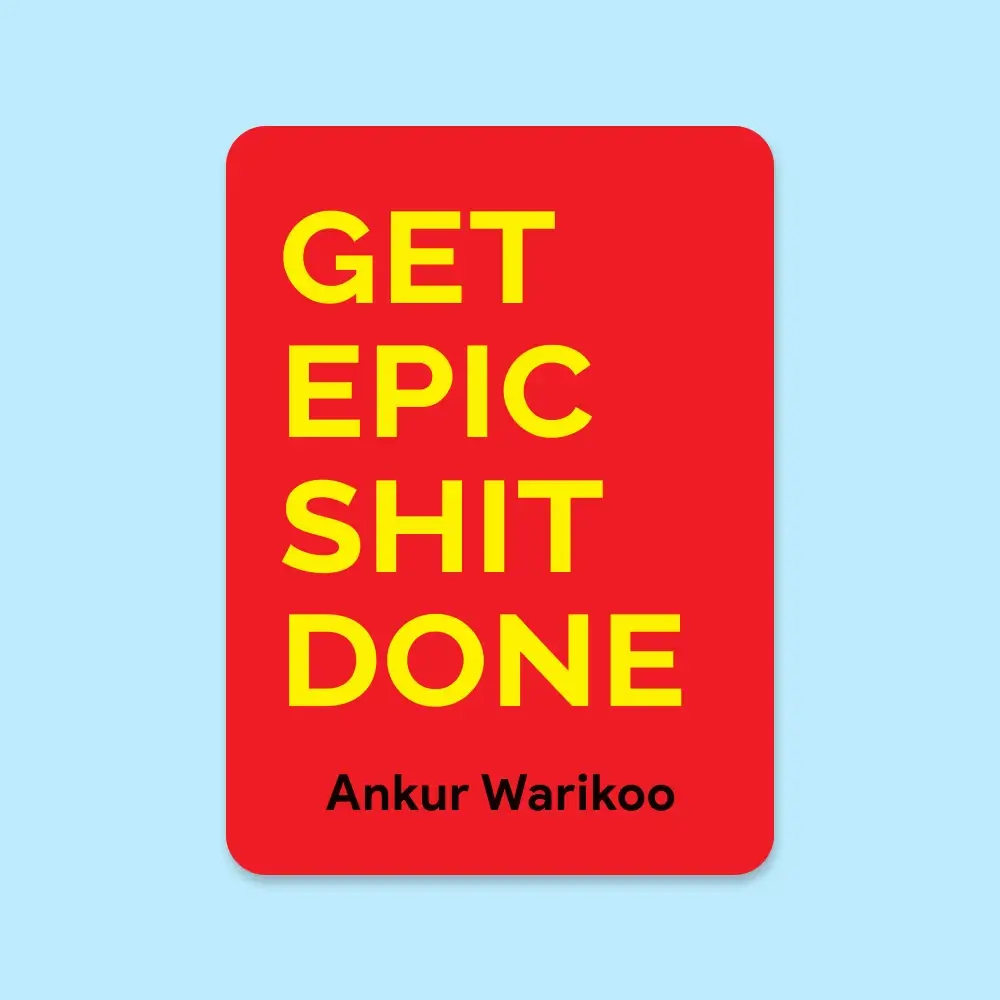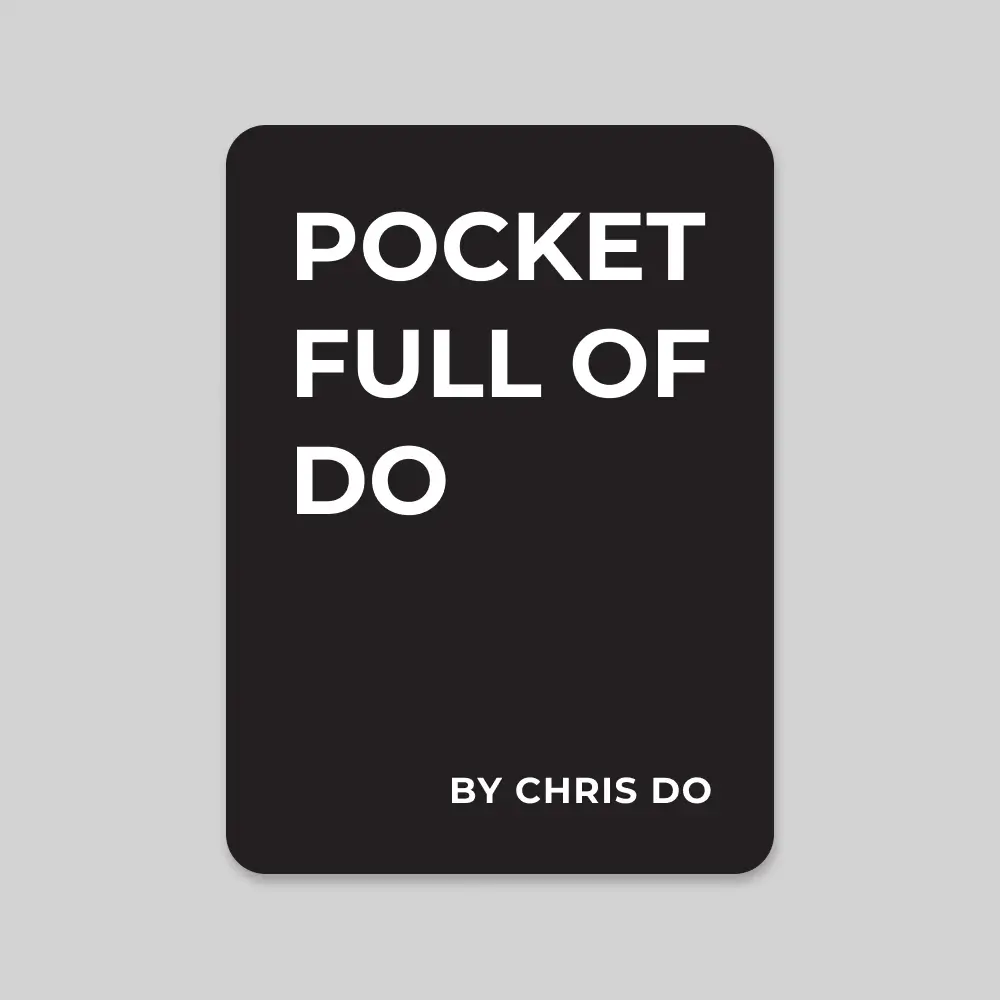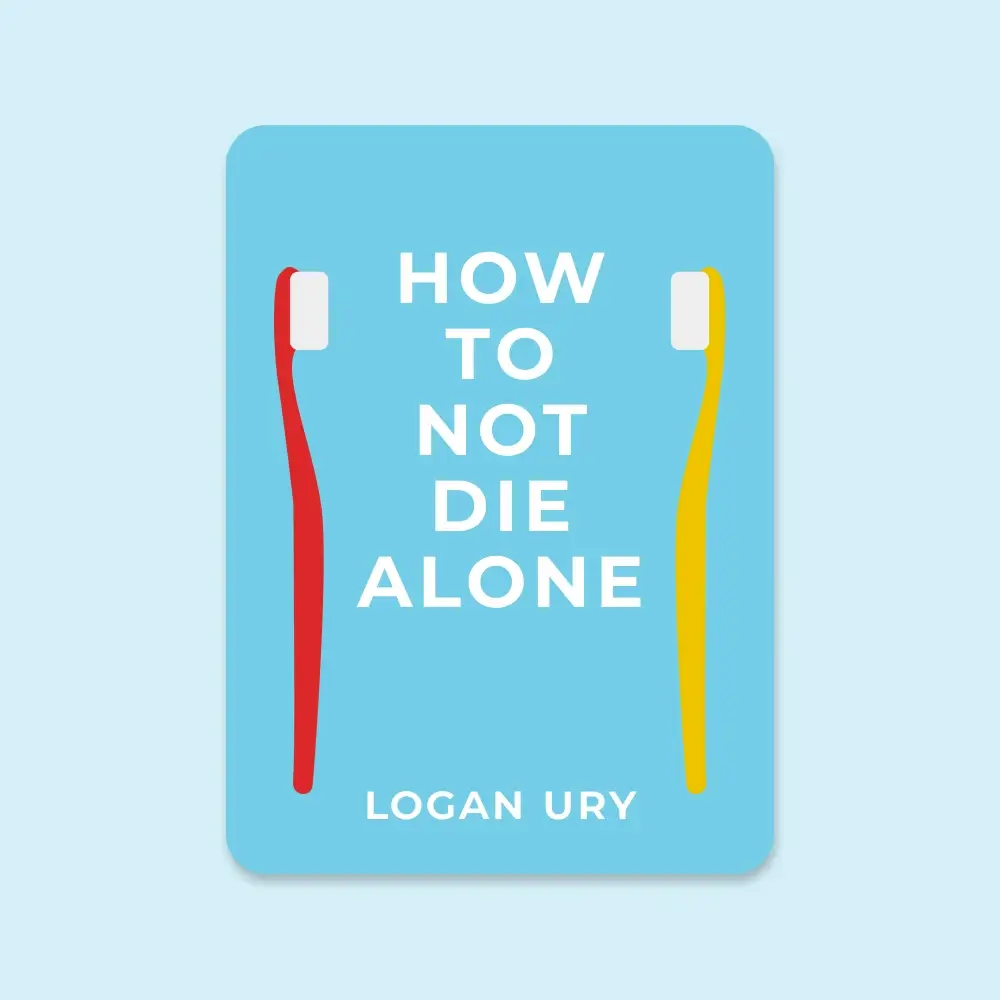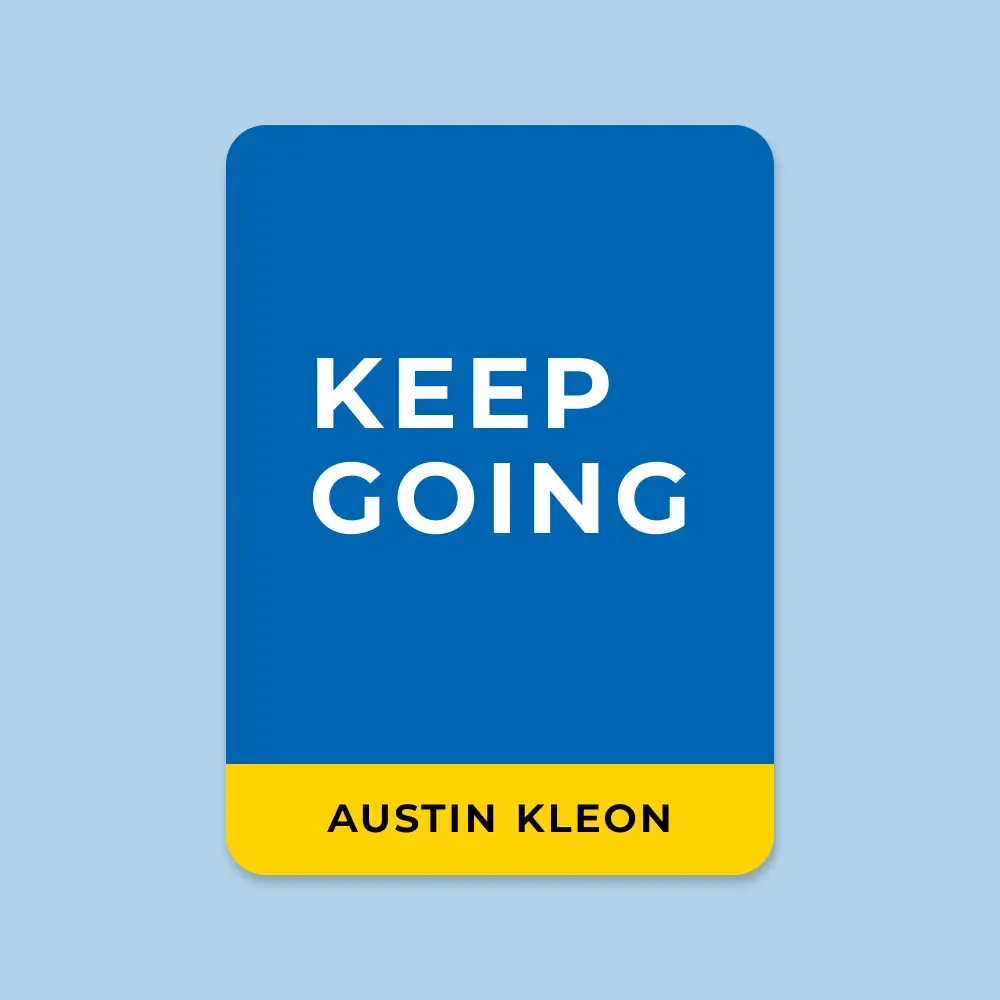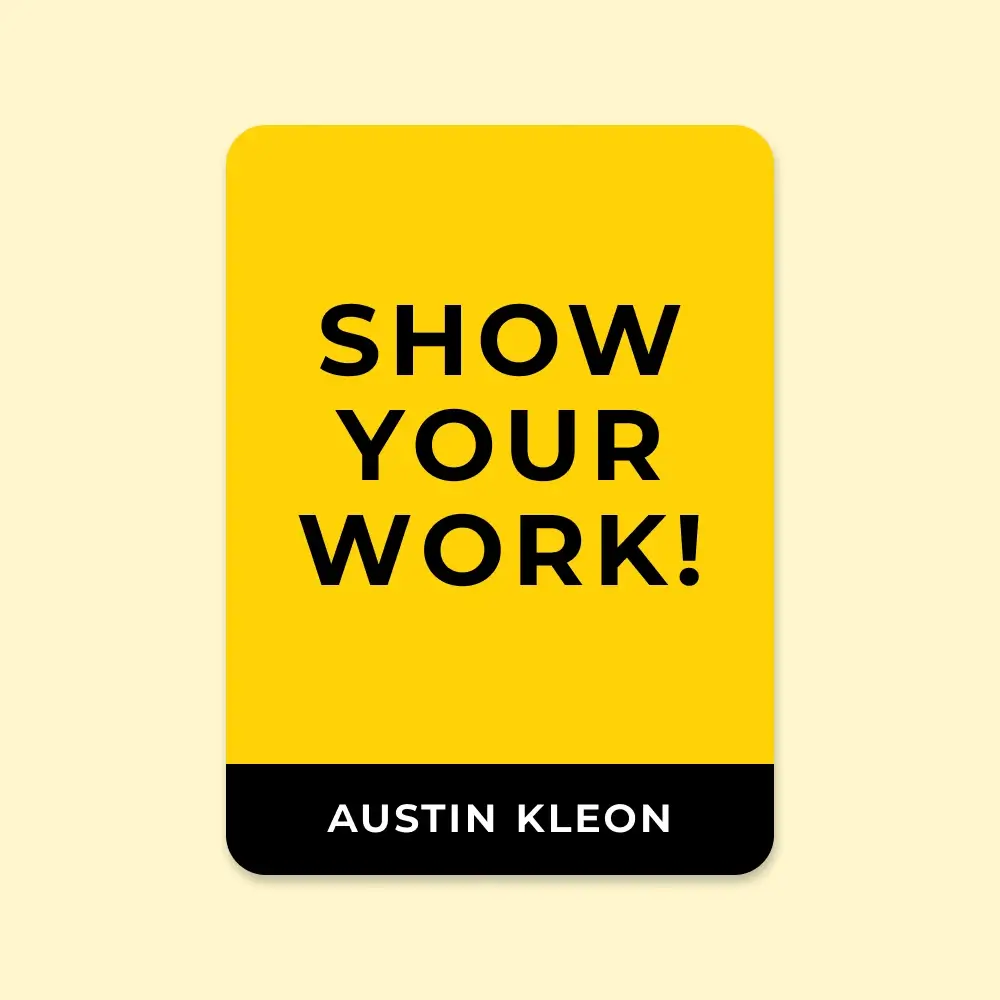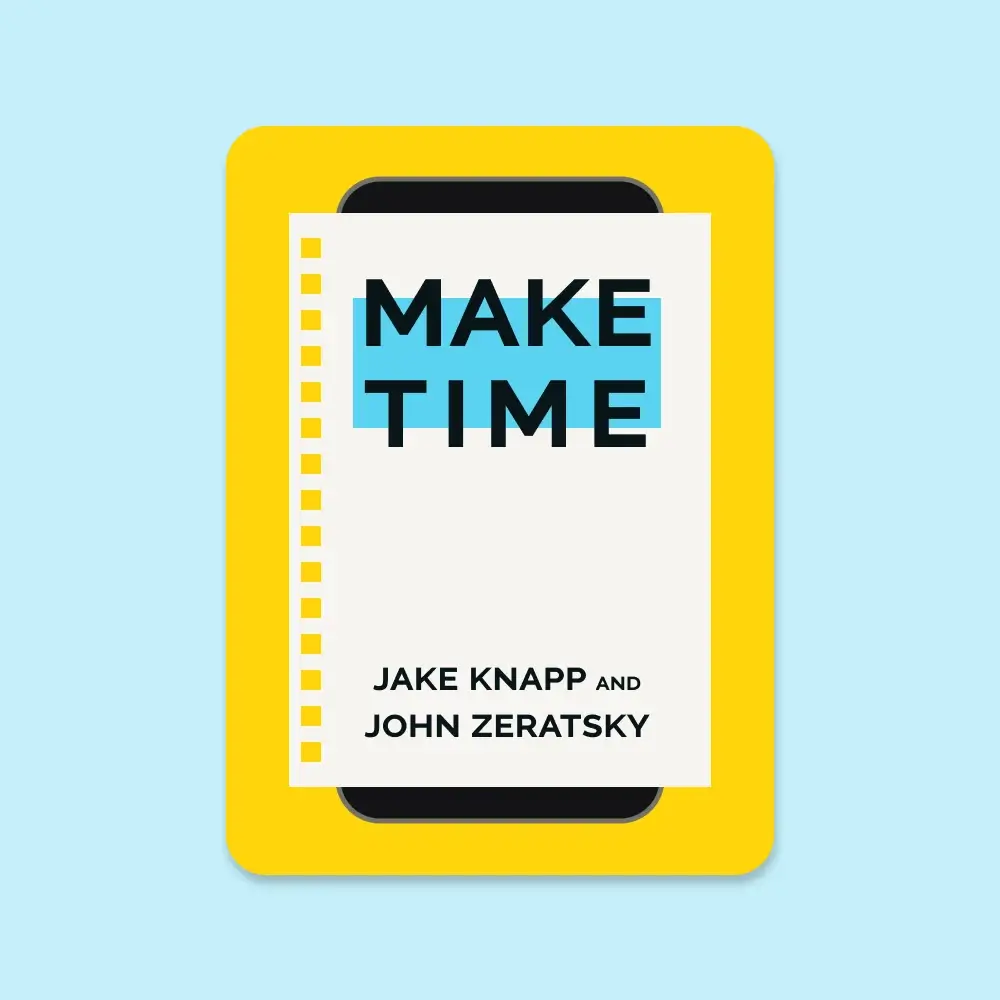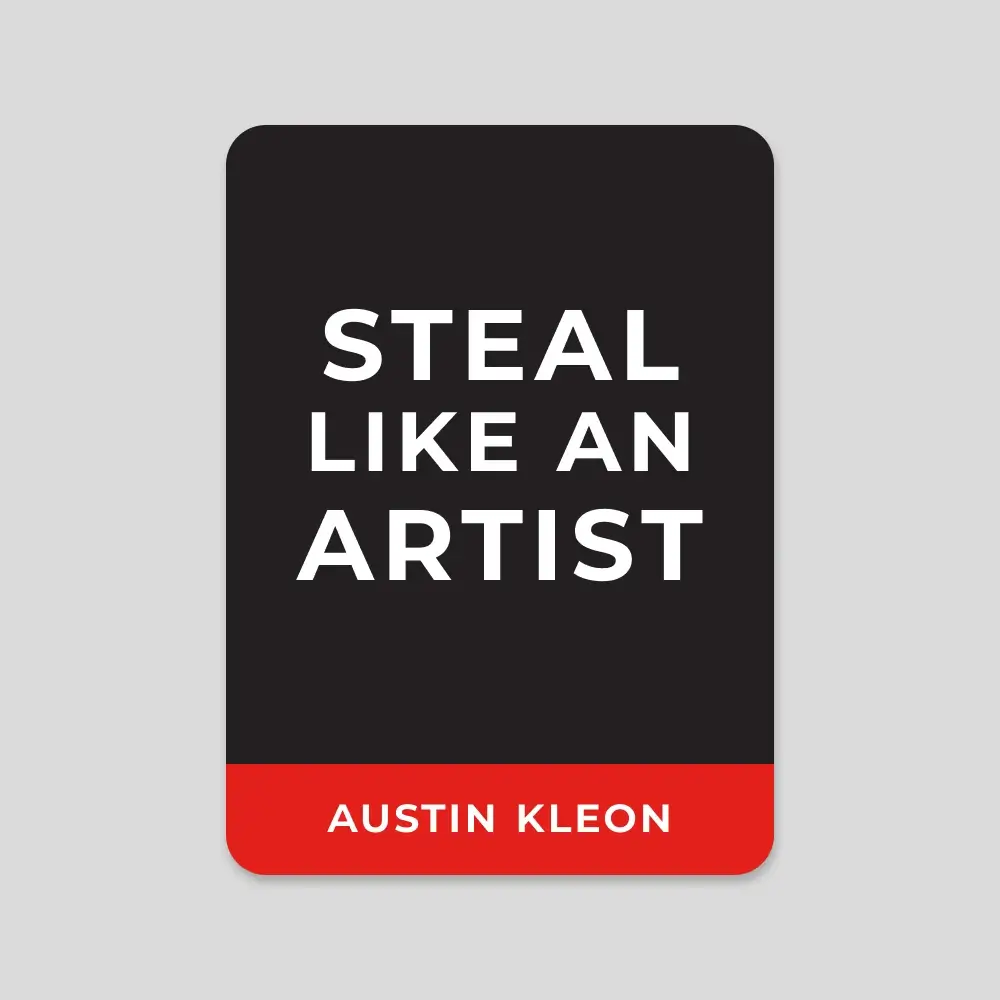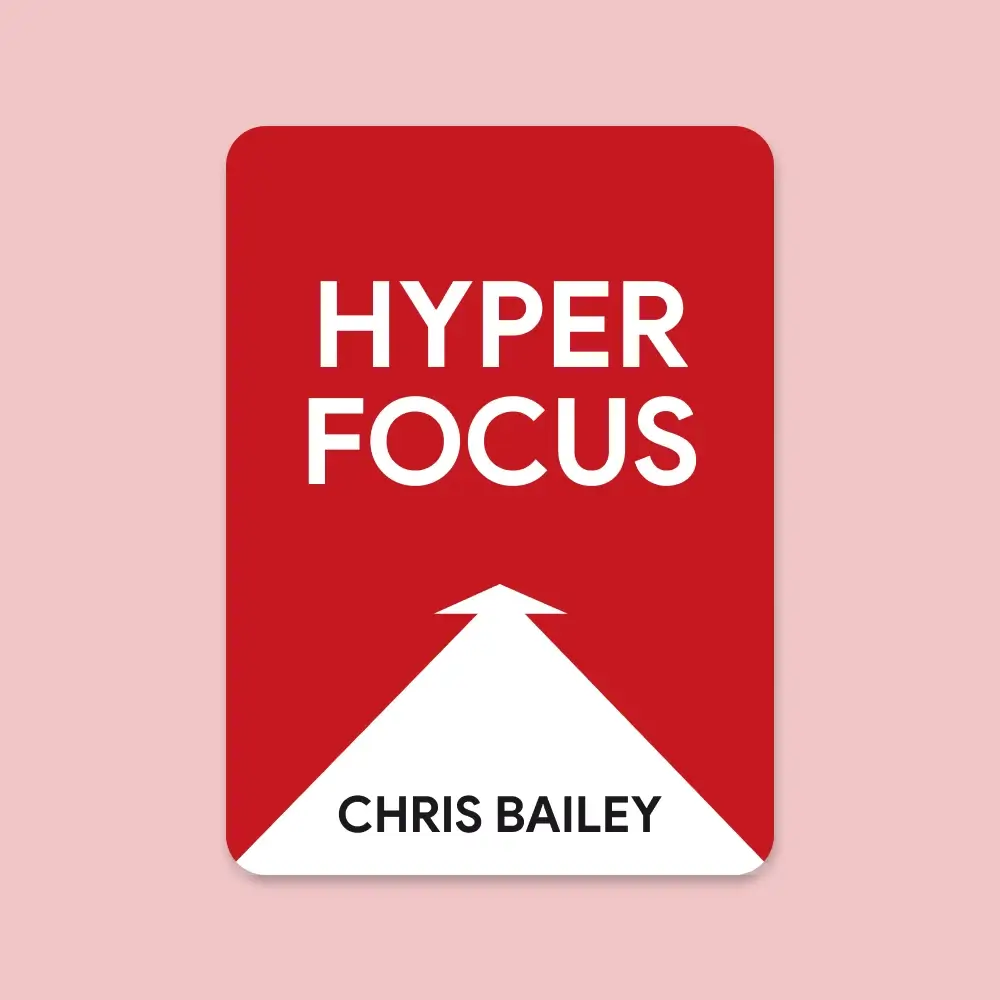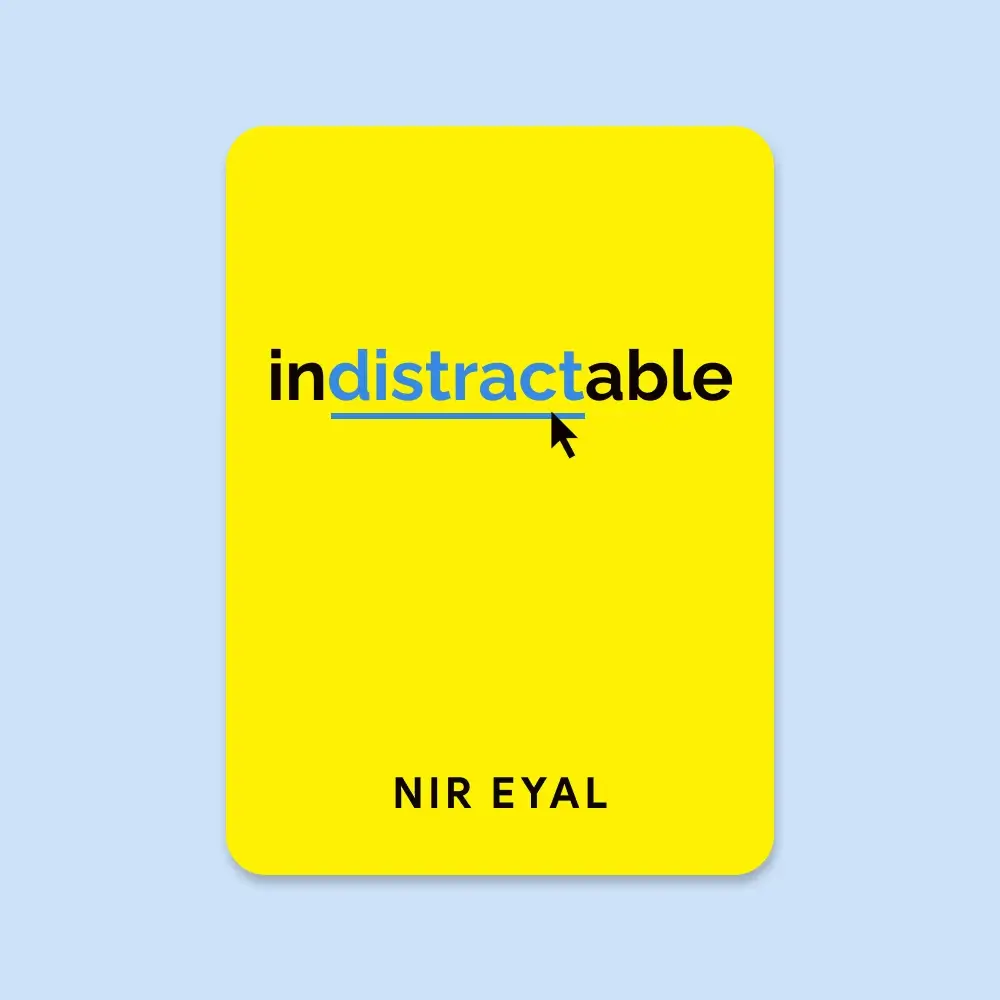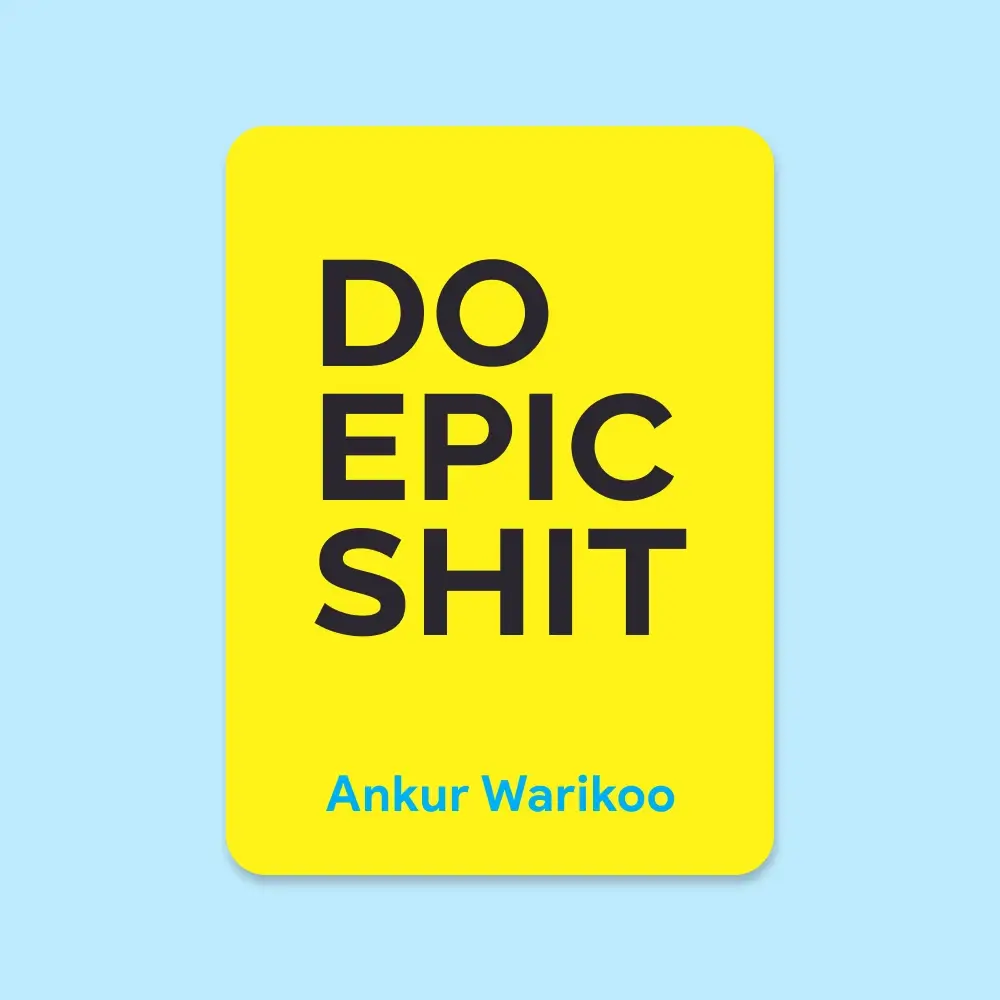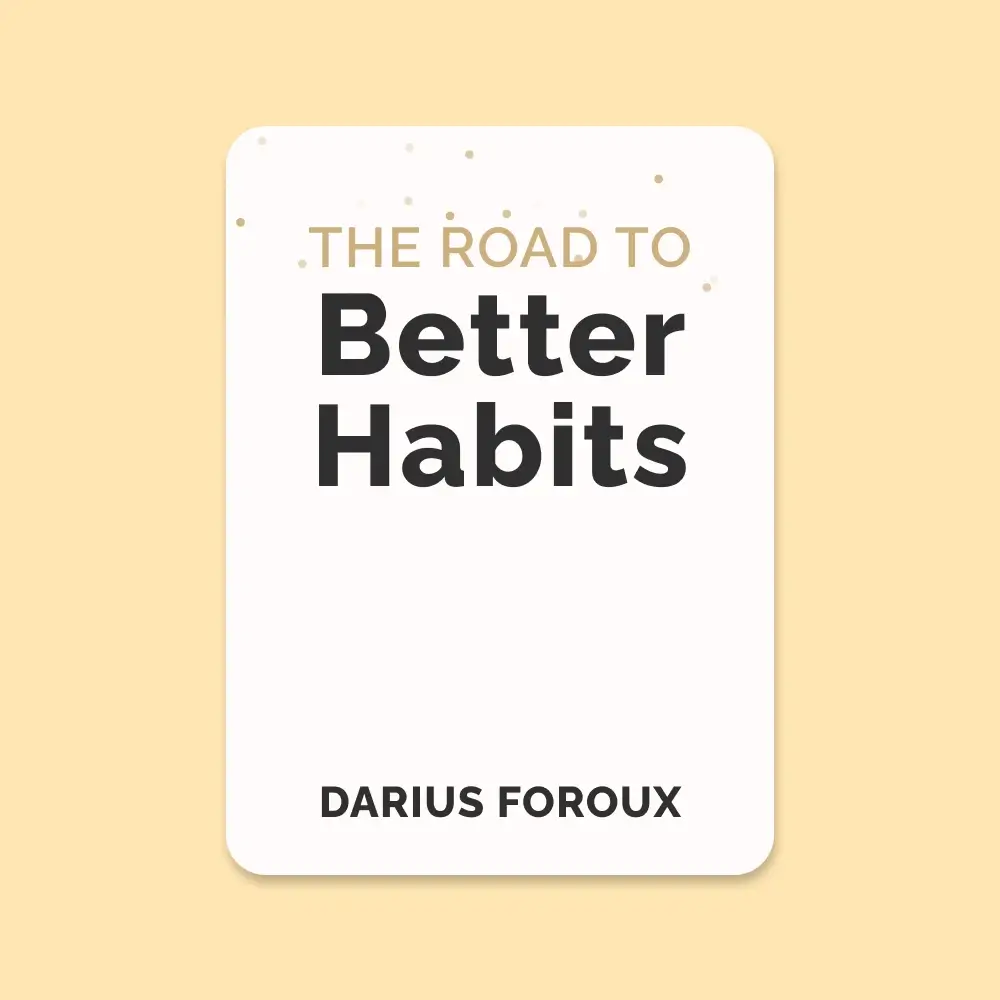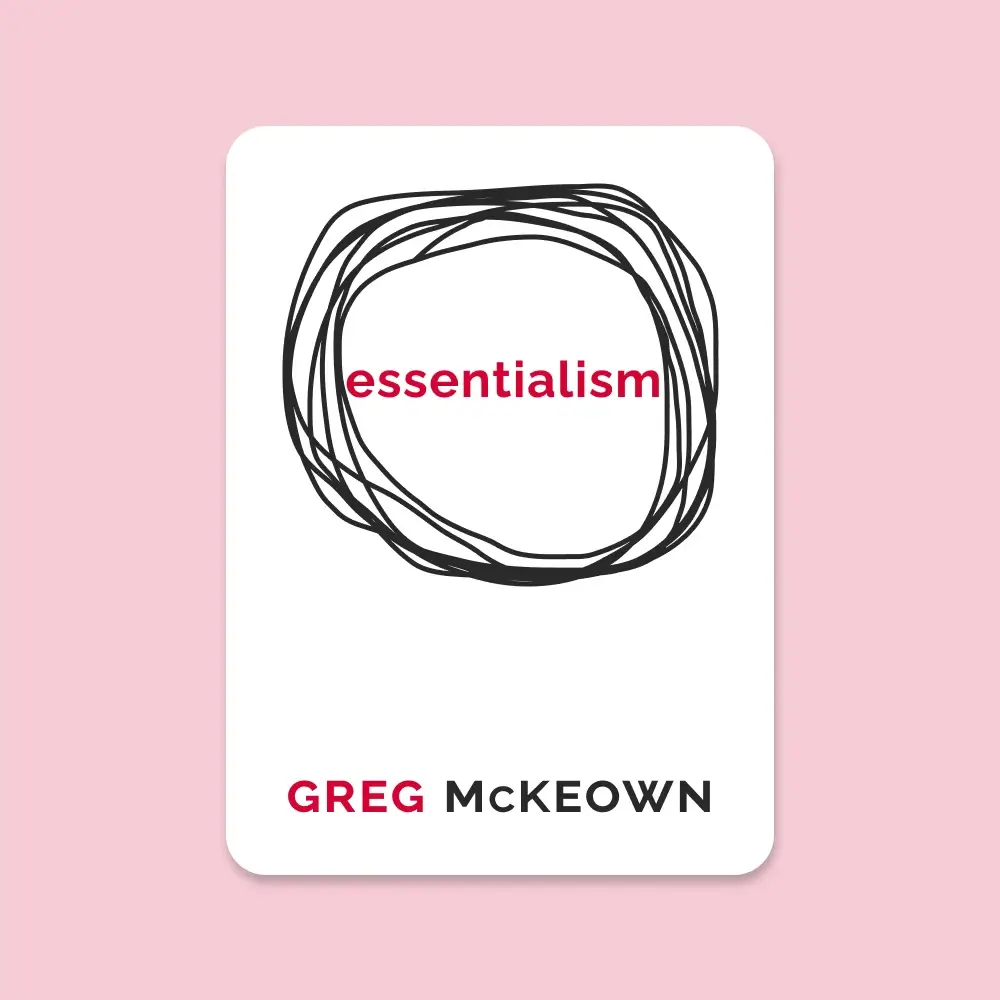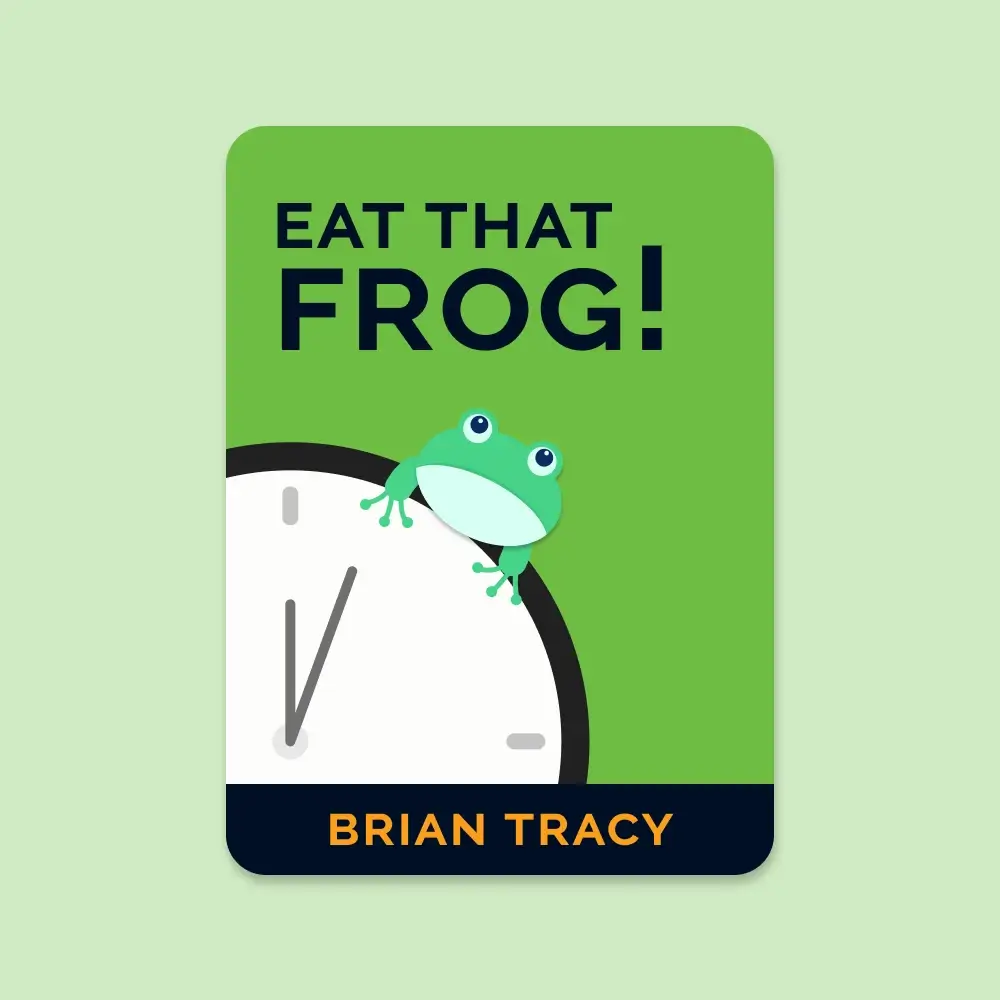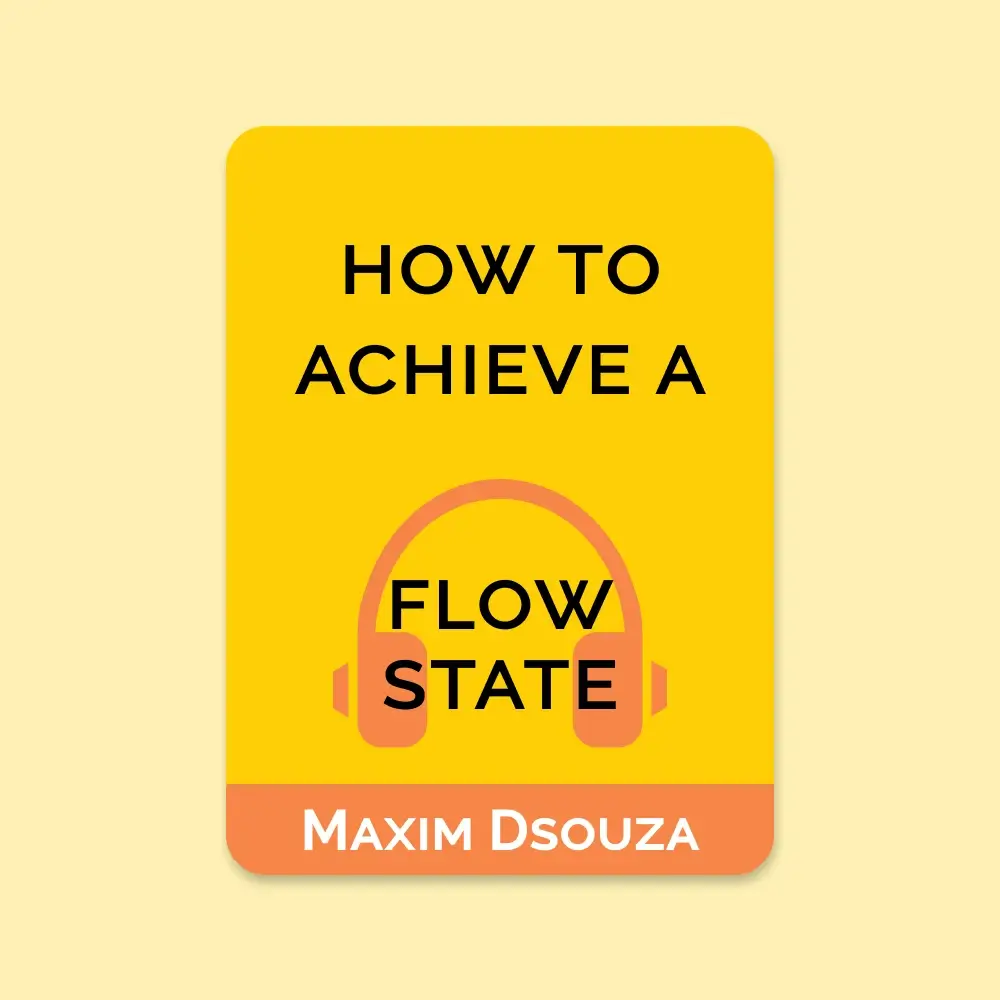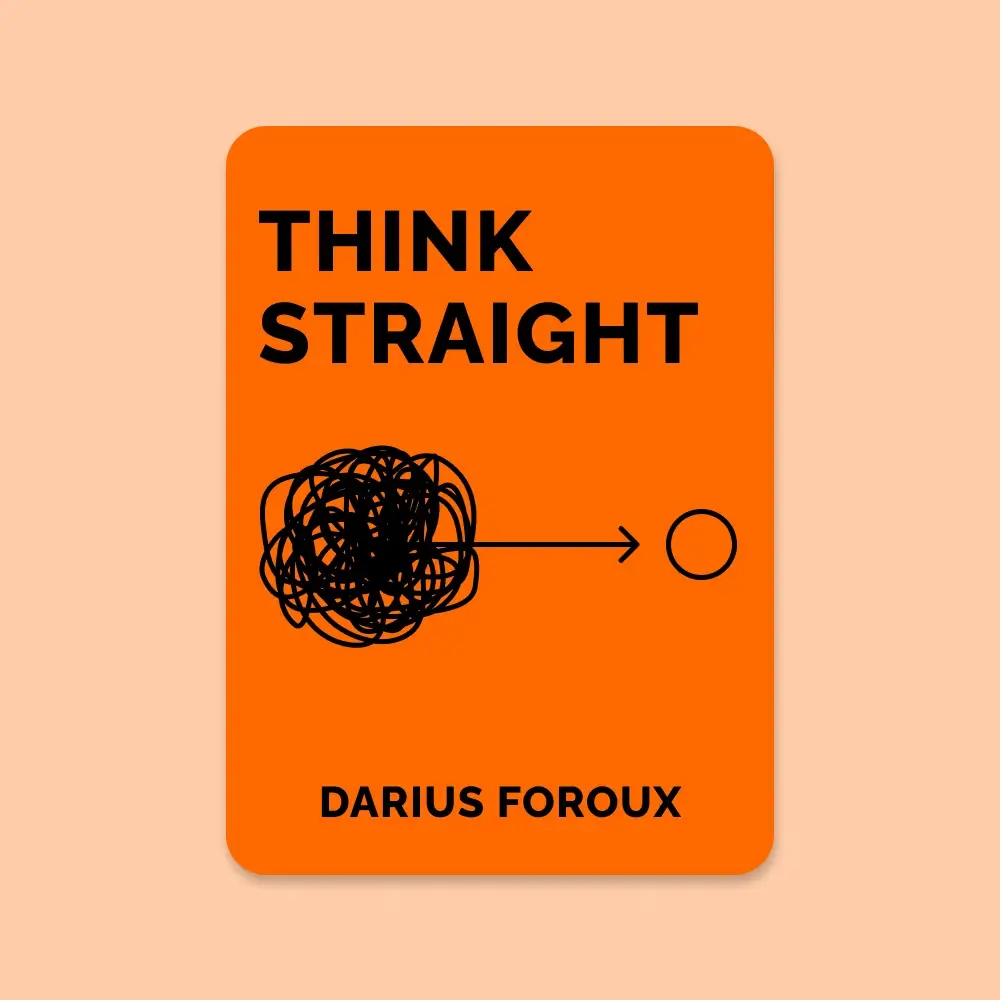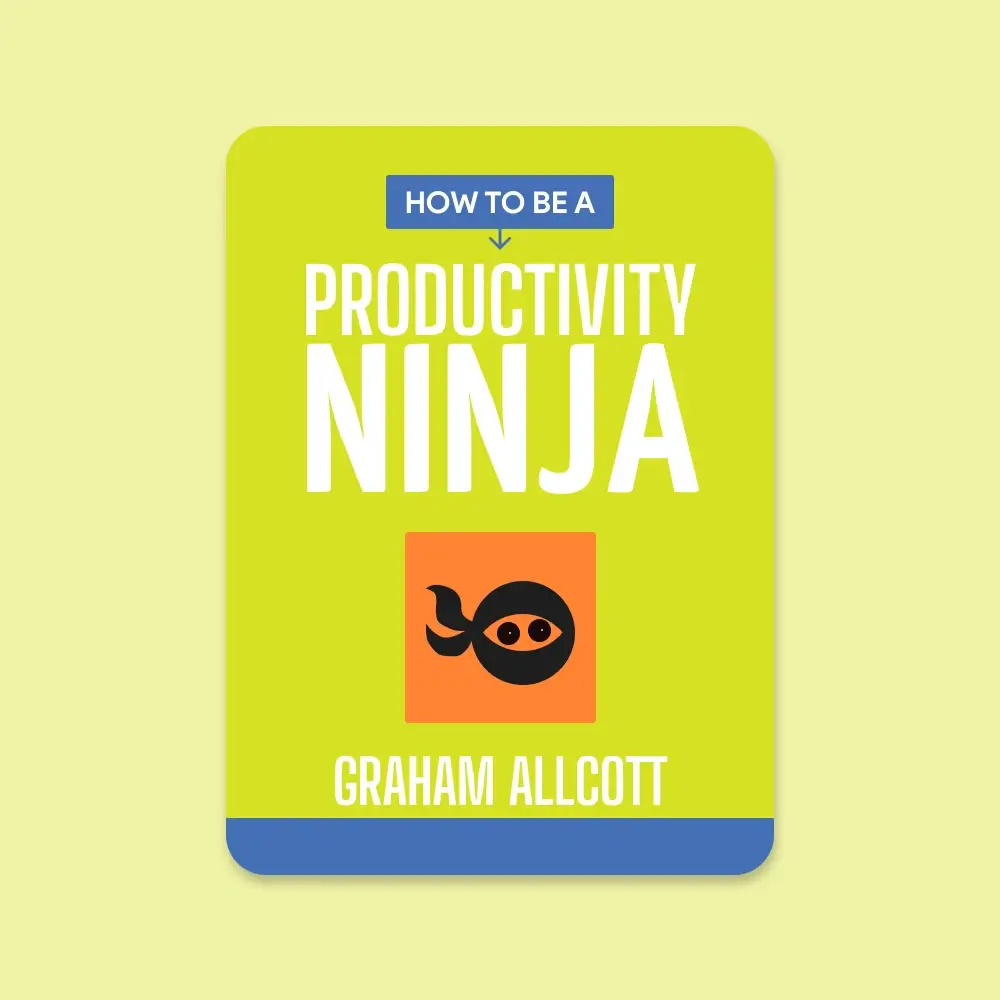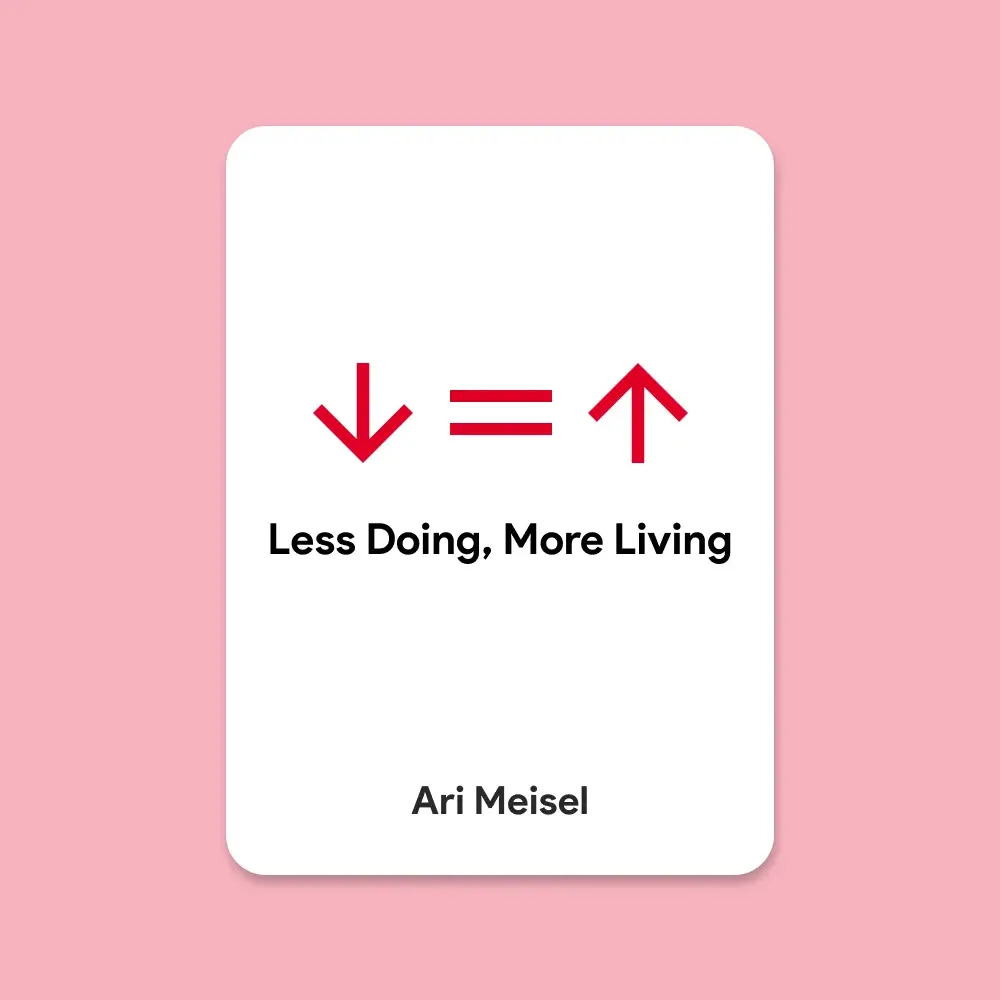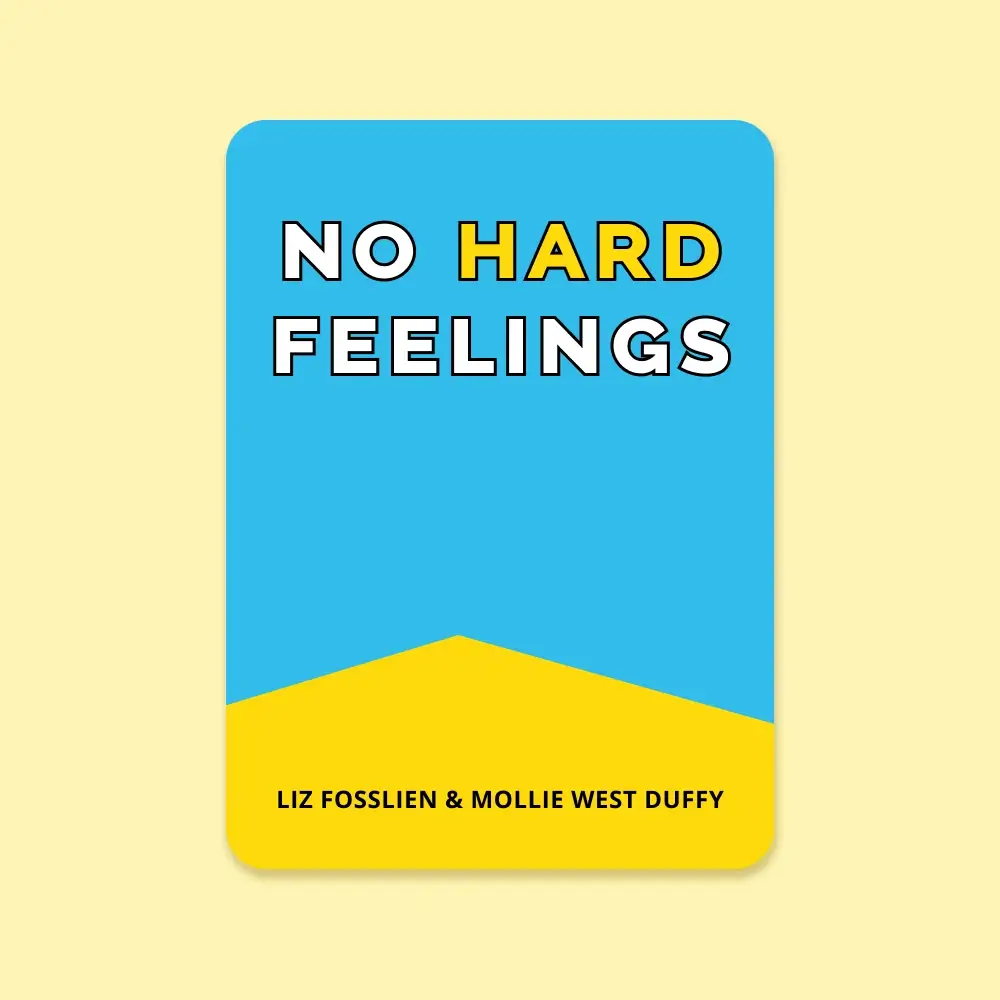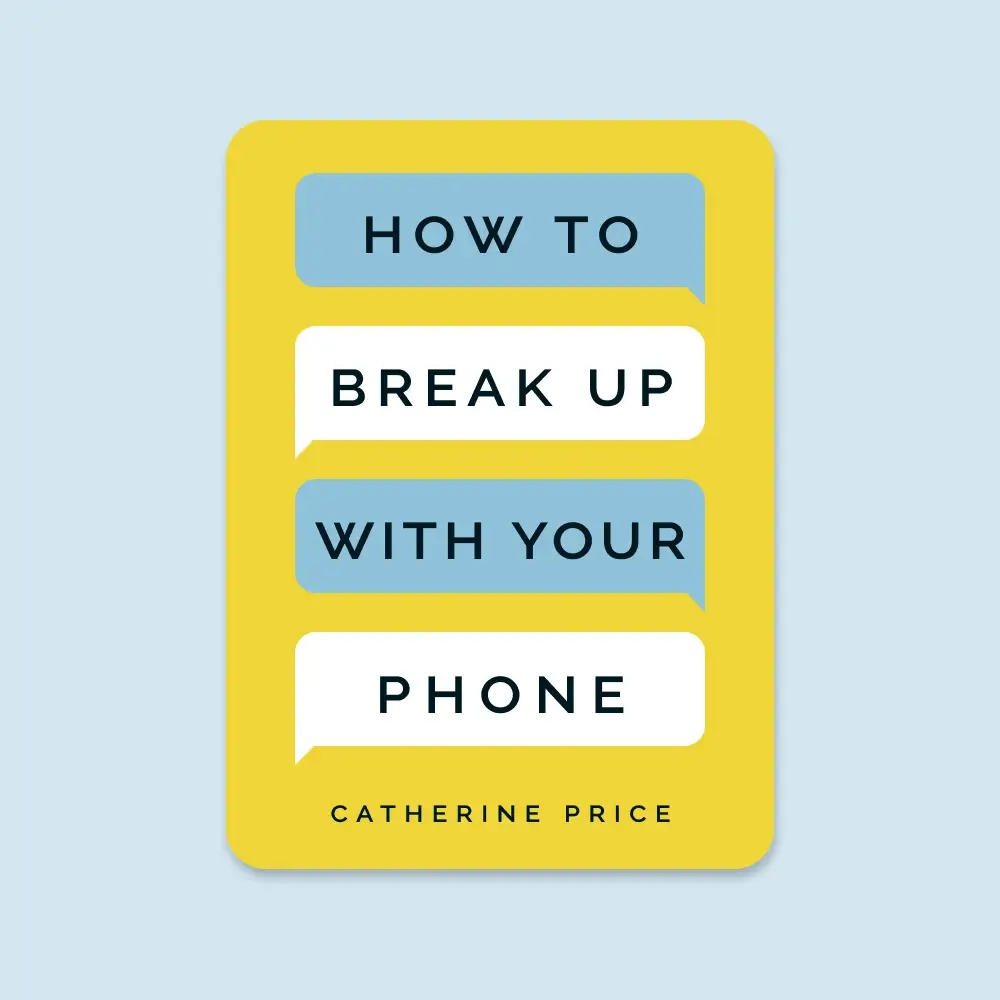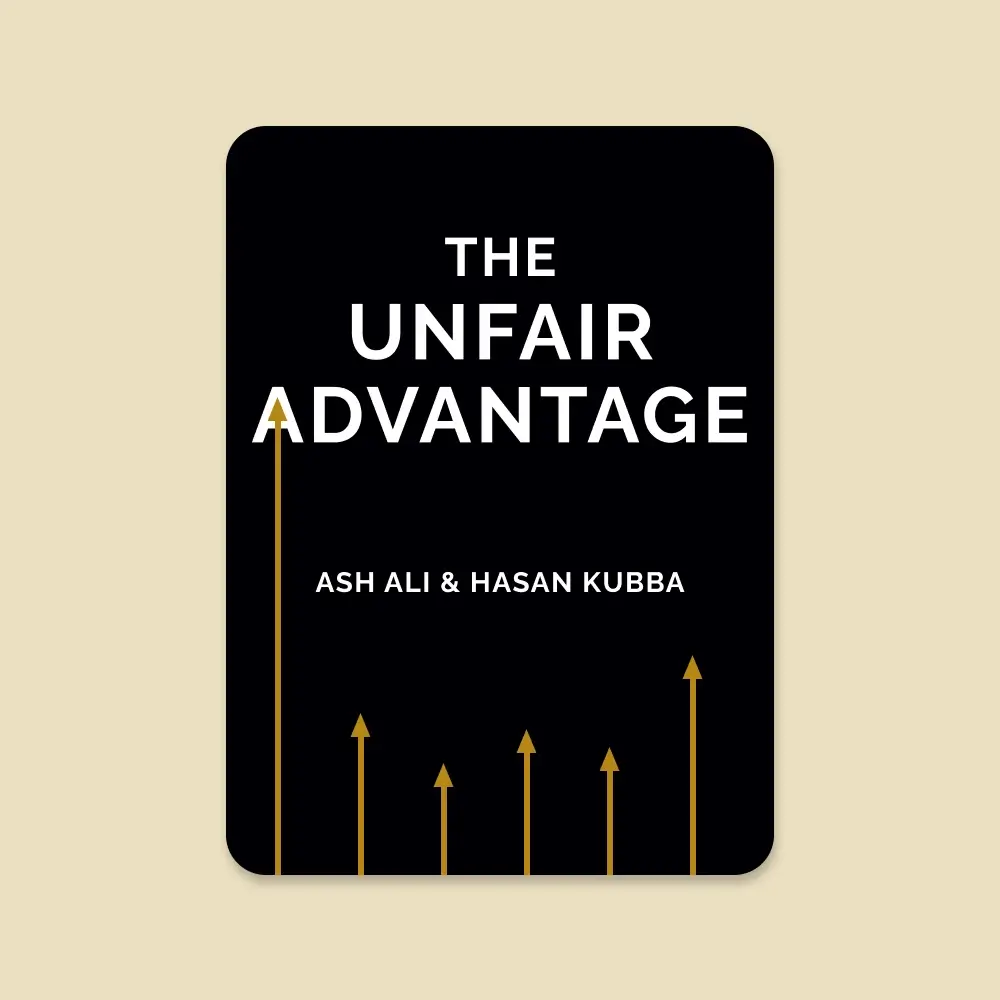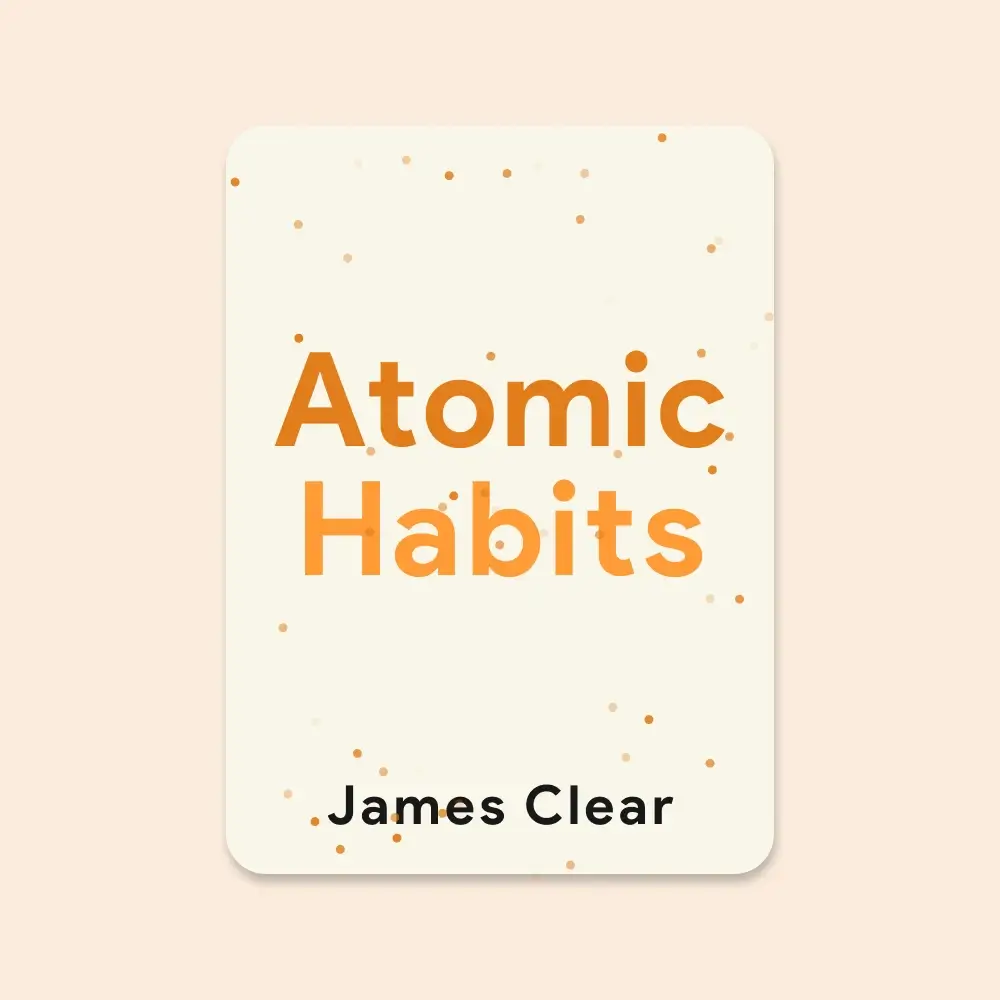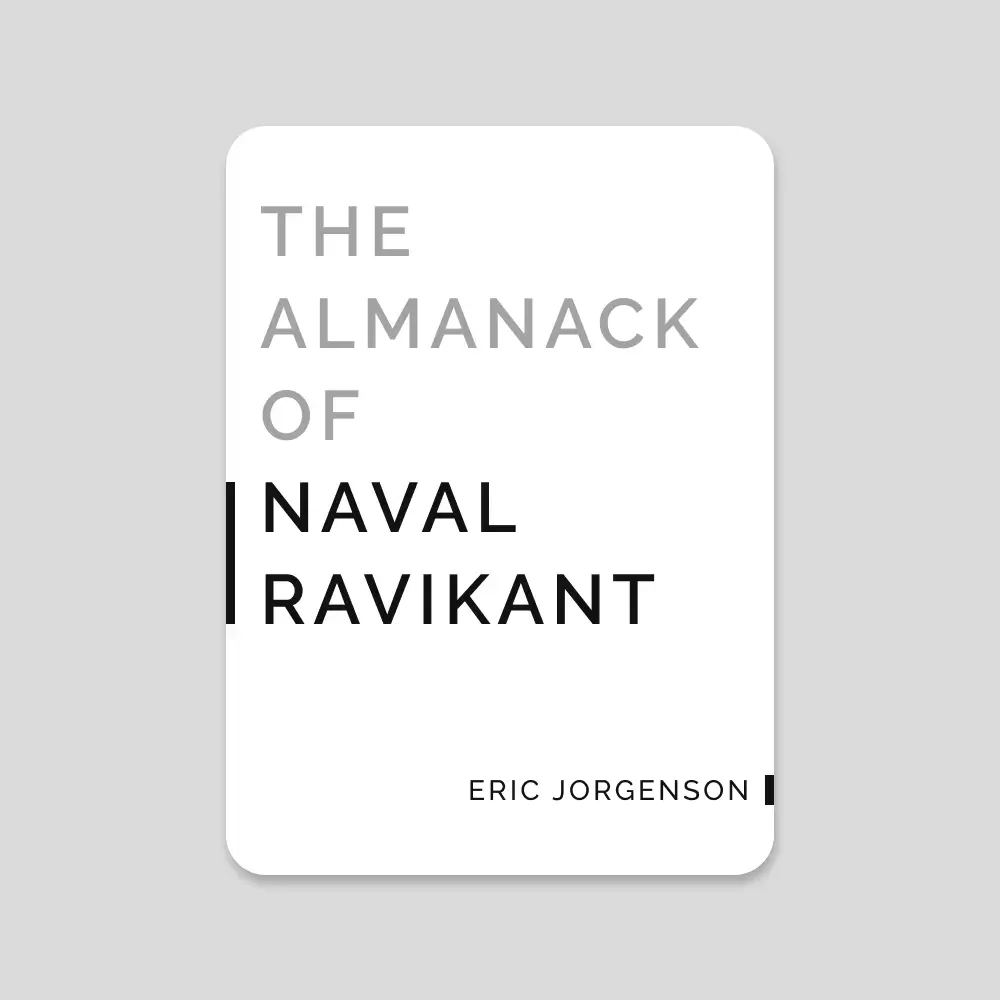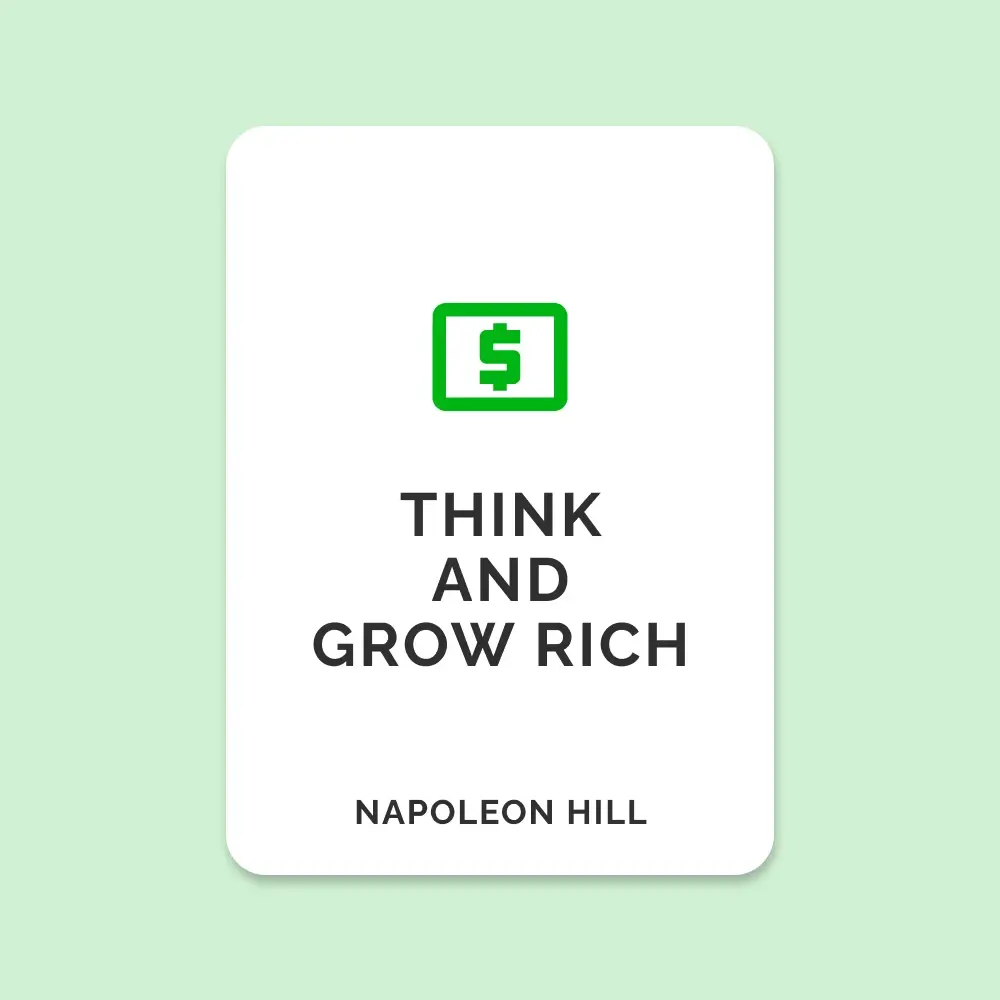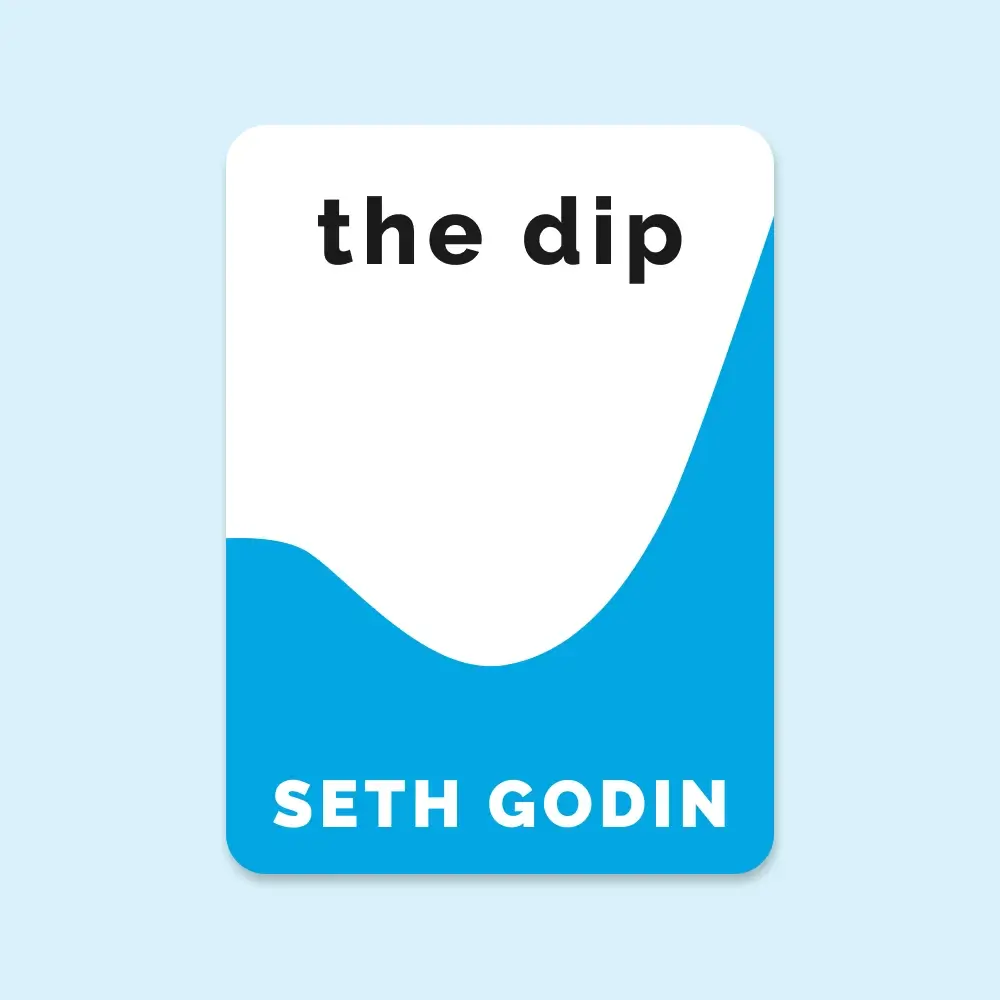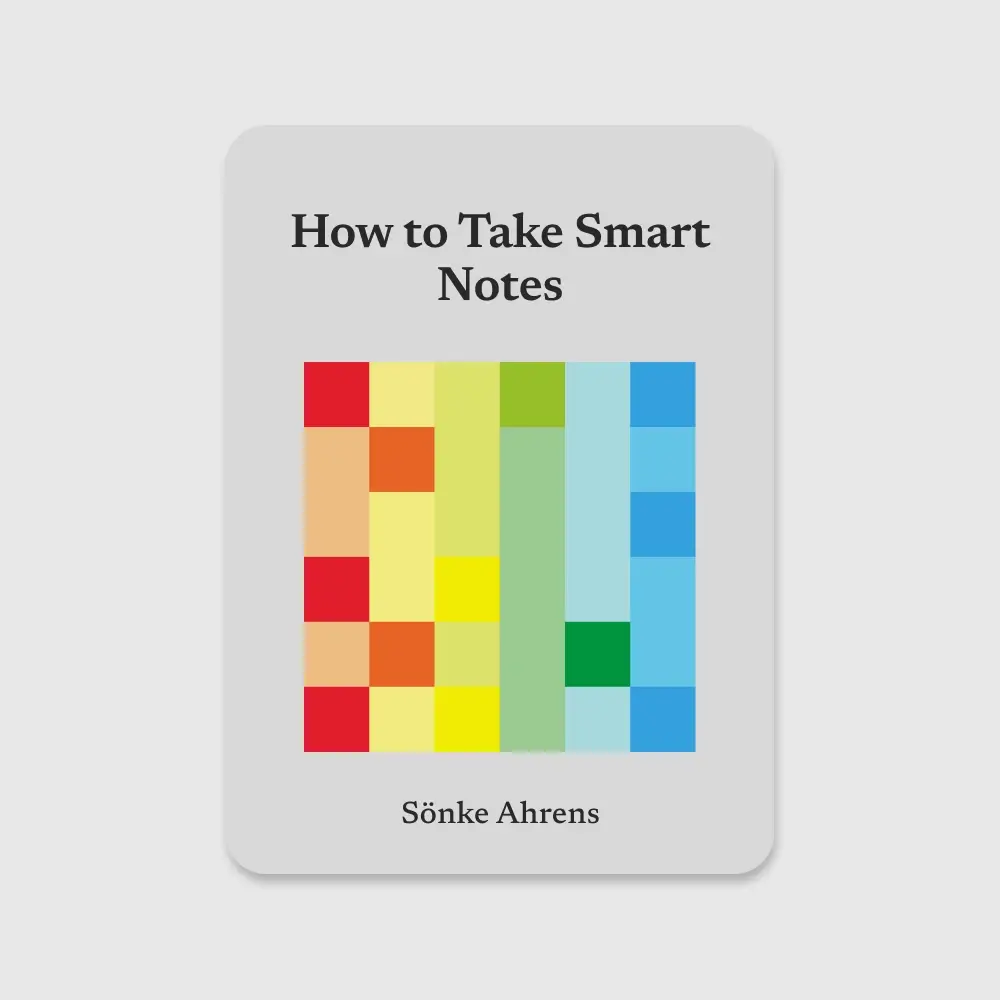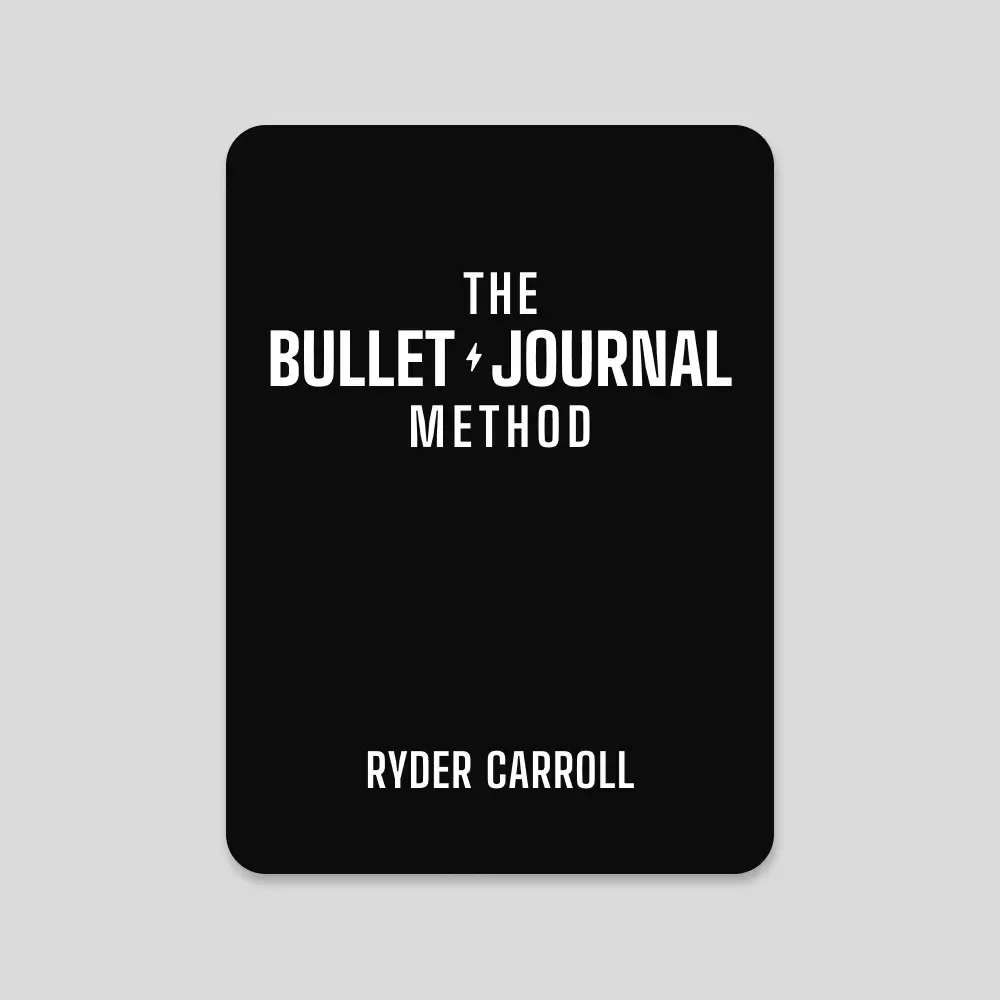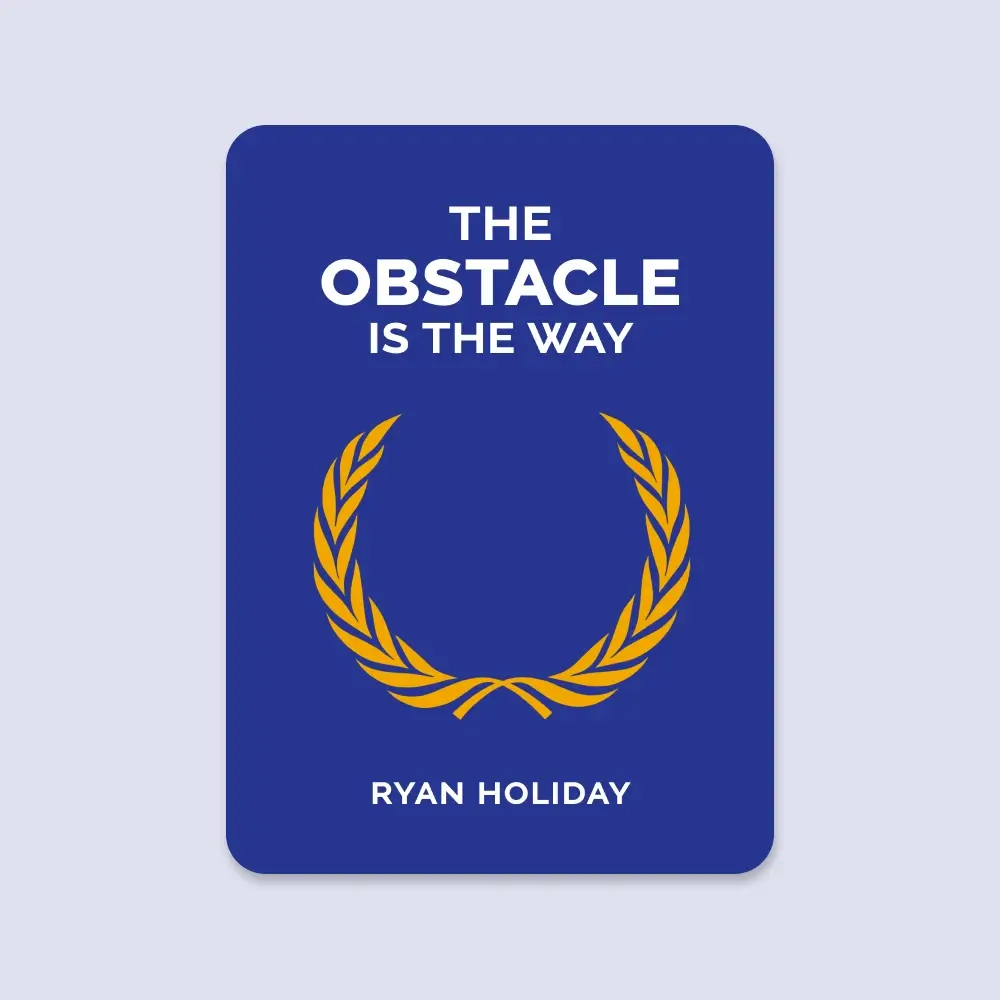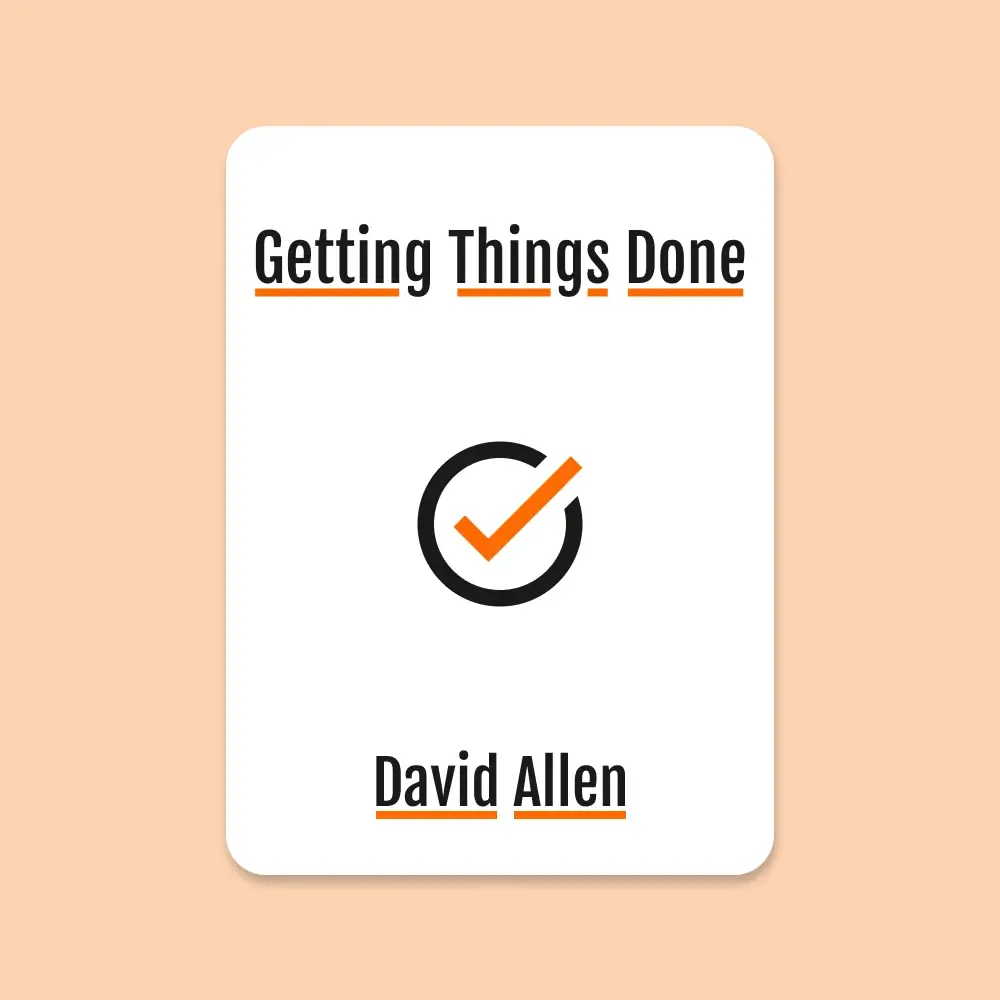
Getting Things Done
🧠 Your brain isn’t a filing cabinet - Stop storing tasks in your head. Capture everything in a trusted system outside your mind.
📥 Collect everything - Get all open loops into a “collection bucket.” Clear your mind to focus on action.
🔁 Use the GTD flow: Collect → Process → Organize → Review → Do - Each step builds clarity. Master the flow to manage your life without stress.
✅ Always define the next action - Without it, you’re stuck. Progress comes from clarity and momentum.
📅 Weekly Review = sanity - Clear your head. Review all lists. Reconnect with your commitments and priorities.
🧰 Use lists like a ninja - Next Actions, Projects, Waiting For, Someday/Maybe—each has a purpose. Use them to gain control.
📦 Simplify with context - Choose tasks based on context, time, energy, and priority. Do the right thing at the right time.
🧹 Empty your inbox completely - Don’t just check emails. Process them into action, file, or trash. Keep the inbox zero.
📋 Use checklists - Checklists reduce stress and ensure consistency. Use them to manage complexity.
🚫 Say no more often - Guard your time. Stay focused. Let your system help you make smart decisions fast.
⚡ Think ahead, act now - Your best thinking won’t happen at your desk. Capture ideas as they come and act intentionally.
🧩 Break down big tasks - Overwhelm is defeated by small, specific next actions. Always shrink the gap to execution.
🎯 Clarity = productivity - Knowing exactly what you’re doing and why increases engagement, energy, and results.
🧘 Stress-free productivity is a practice - Master GTD to clear your head, trust your system, and do great work with peace of mind.
Anxiety is caused by a lack of control, organization, preparation, and action. —David Kekich
Time is the quality of nature that keeps events from happening all at once. Lately it doesn’t seem to be working. —Anonymous
The winds and waves are always on the side of the ablest navigators. —Edward Gibbon
Life is denied by lack of attention, whether it be to cleaning windows or trying to write a masterpiece. —Nadia Boulanger
If your mind is empty, it is always ready for anything; it is open to everything. —Shunryu Suzuki
There is one thing we can do, and the happiest people are those who can do it to the limit of their ability. We can be completely present. We can be all here. We can . . . give all our attention to the opportunity before us. —Mark Van Doren
- Anything you consider unfinished in any way must be captured in a trusted system outside your mind, or what I call a collection bucket, that you know you’ll come back to regularly and sort through.
Think like a man of action, act like a man of thought. —Henry Bergson
The ancestor of every action is a thought. —Ralph Waldo Emerson
- Even if you’ve already decided on the next step you’ll take to resolve a problem, your mind can’t let go until and unless you write yourself a reminder in a place it knows you will, without fail, look. It will keep pressuring you about that untaken next step, usually when you can’t do anything about it, which will just add to your stress.
This constant, unproductive preoccupation with all the things we have to do is the single largest consumer of time and energy. —Kerry Gleeson
Rule your mind or it will rule you. —Horace
-
We need to transform all the “stuff” we’re trying to organize into actionable stuff we need to do.
-
There is usually an inverse proportion between how much something is on your mind and how much it’s getting done.
-
It’s important to know what needs to be collected and how to collect it most effectively so you can process it appropriately. In order for your mind to let go of the lower-level task of trying to hang on to everything, you have to know that you have truly captured everything that might represent something you have to do, and that at some point in the near future you will process and review all of it.
-
Three requirements to make the collection phase work:
- Every open loop must be in your collection system and out of your head.
- You must have as few collection buckets as you can get by with.
- You must empty them regularly.
Men of lofty genius when they are doing the least work are the most active. —Leonardo da Vinci
- Your best ideas about work will not come to you at work. The ability to leverage that thinking with good collection devices that are always at hand is key to increased productivity.
It does not take much strength to do things, but it requires a great deal of strength to decide what to do. —Elbert Hubbard
-
“Someday/Maybe” It can be useful and inspiring to maintain an ongoing list of things you might want to do at some point but not now. This is the “parking lot” for projects that would be impossible to move on at present but that you don’t want to forget about entirely. You’d like to be reminded of the possibility at regular intervals.
-
All of your open loops (i.e., projects), active project plans, and “Next Actions,” “Agendas,” “Waiting For,” and even “Someday/ Maybe” lists should be reviewed once a week. This also gives you an opportunity to ensure that your brain is clear and that all the loose strands of the past few days have been collected, processed, and organized.
-
The Weekly Review is the time to
- Gather and process all your “stuff.”
- Review your system.
- Update your lists.
- Get clean, clear, current, and complete.
You’ve got to think about the big things while you’re doing small things, so that all the small things go in the right direction. —Alvin Toffler
When you find yourself in a hole, stop digging. —Will Rogers
Celebrate any progress. Don’t wait to get perfect. —Ann McGee Cooper
Simple, clear purpose and principles give rise to complex and intelligent behavior. Complex rules and regulations give rise to simple and stupid behavior. —Dee Hock
Imagination is more important than knowledge. —Albert Einstein
I always wanted to be somebody. I should have been more specific. —Lily Tomlin
The best way to get a good idea is to get lots of ideas. —Linus Pauling
Plans get you into things but you’ve got to work your way out. —Will Rogers
-
You increase your productivity and creativity exponentially when you think about the right things at the right time and have the tools to capture your value-added thinking.
-
“The first time you pick something up from your in-basket, decide what to do about it and where it goes. Never put it back in “in.”
-
If you have a project that you’re not going to be doing anything about for some time, it must go onto your “Someday/Maybe” list so you can relate to the “Projects” list with the rigorous action-generating focus it needs.
Those who make the worst use of their time are the first to complain of its shortness. —Jean de La Bruysre
-
Someday/Maybe’s are not throwaway items. They may be some of the most interesting and creative things you’ll ever get involved with.
-
Checklists can be highly useful to let you know what you don’t need to be concerned about.
-
The Weekly Review will also sharpen your intuitive focus on your important projects as you deal with the flood of new input and potential distractions coming at you the rest of the week. You’re going to have to learn to say no—faster, and to more things—in order to stay afloat and comfortable.
-
Very simply, the Weekly Review is whatever you need to do to get your head empty again. It’s going through the five phases of workflow management—collecting, processing, organizing, and reviewing all your outstanding involvements—until you can honestly say, “I absolutely know right now everything I’m not doing but could be doing if I decided to.”
-
The Four-Criteria Model for Choosing Actions in the Moment
- Context
- Time available
- Energy available
- Priority
We all have times when we think more effectively, and times when we should not be thinking at all. —Daniel Cohen
Your work is to discover your work and then with all your heart to give yourself to it. —Buddha
The best place to succeed is where you are with what you have. —Charles Schwab
- Getting things done, and feeling good about it, means being willing to recognize, acknowledge, and appropriately manage all the things that have your consciousness engaged. Mastering the art of stress-free productivity requires it.
The middle of every successful project looks like a disaster. —Rosabeth Moss Cantor
-
If you aren’t writing anything down, it’s extremely difficult to stay focused on anything for more than a few minutes, especially if you’re by yourself. But when you utilize physical tools to keep your thinking anchored, you can stay engaged constructively for hours.
-
The sense of anxiety and guilt doesn’t come from having too much to do; it’s the automatic result of breaking agreements with yourself.
It is the act of forgiveness that opens up the only possible way to think creatively about the future at all. —Father Desmond Wilson
- When a culture adopts “What’s the next action?” as a standard operating query, there’s an automatic increase in energy, productivity, clarity, and focus.
The secret of getting ahead is getting started. The secret of getting started is breaking your complex overwhelming tasks into small manageable tasks, and then starting on the first one. —Mark Twain
- Without a next action, there remains a potentially infinite gap between current reality and what you need to do.
No matter how big and tough a problem may be, get rid of confusion by taking one little step toward solution. Do something. —George F. Nordenholt
People are always blaming their circumstances for what they are. I don’t believe in circumstances. The people who get on in this world are the people who get up and look for the circumstances they want, and, if they can’t find them, make them. —George Bernard Shaw
- When you start to make things happen, you really begin to believe that you can make things happen. And that makes things happen.
Life affords no higher pleasure than that of surmounting difficulties, passing from one step of success to another, forming new wishes and seeing them gratified. —Dr. Samuel Johnson
A vision without a task is but a dream, a task without a vision is drudgery, a vision and a task is the hope of the world. —From a church in Sussex, England, ca. 1730
